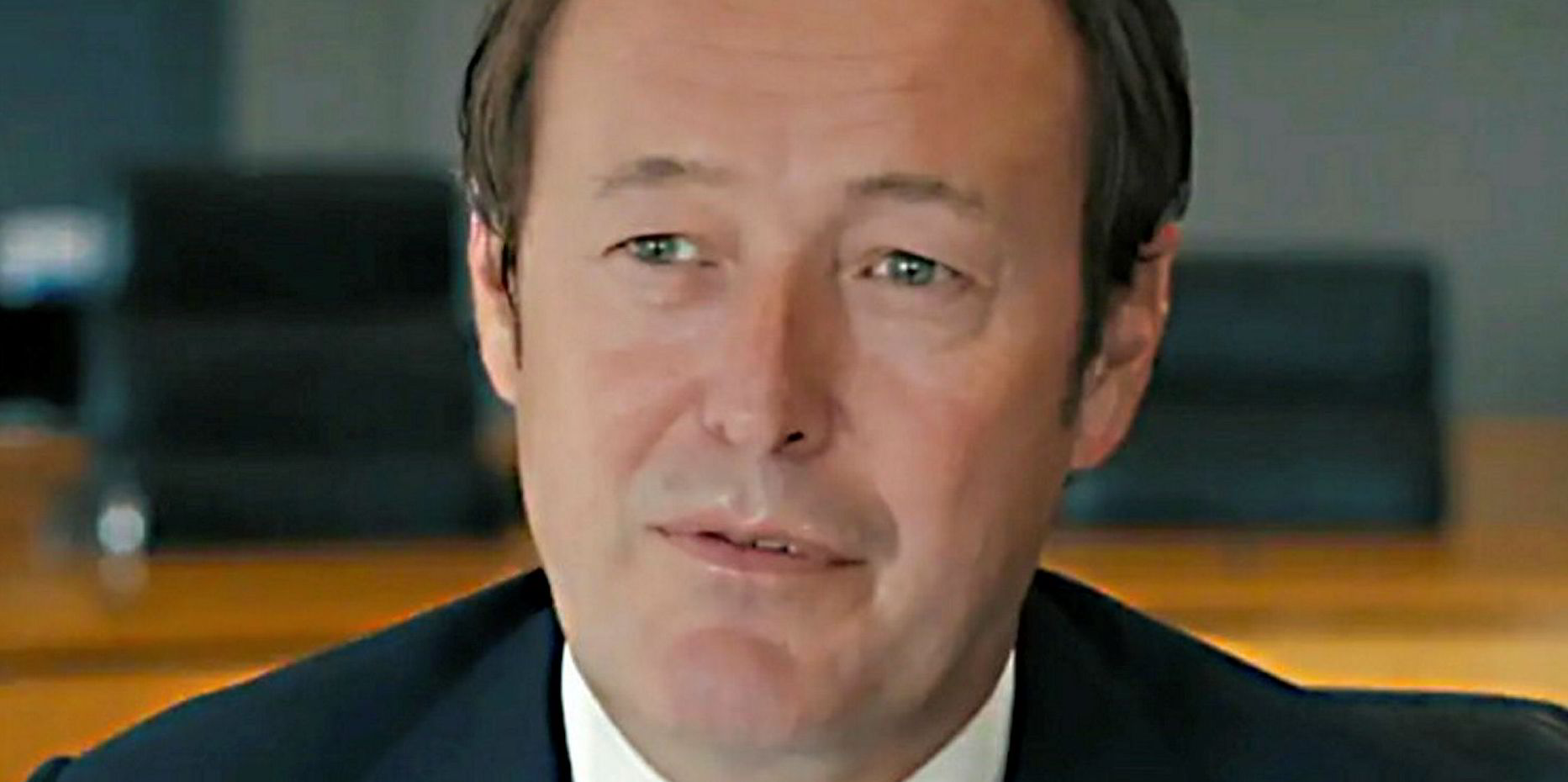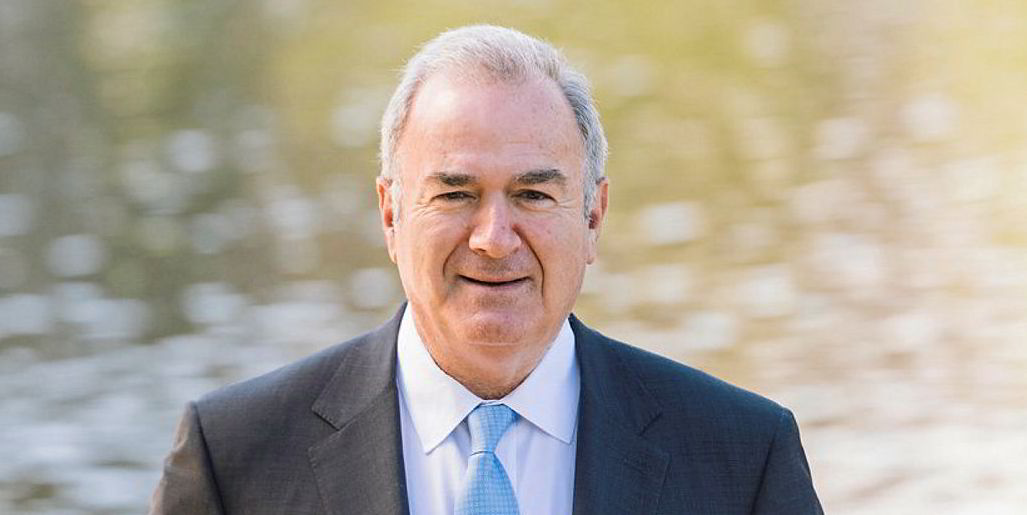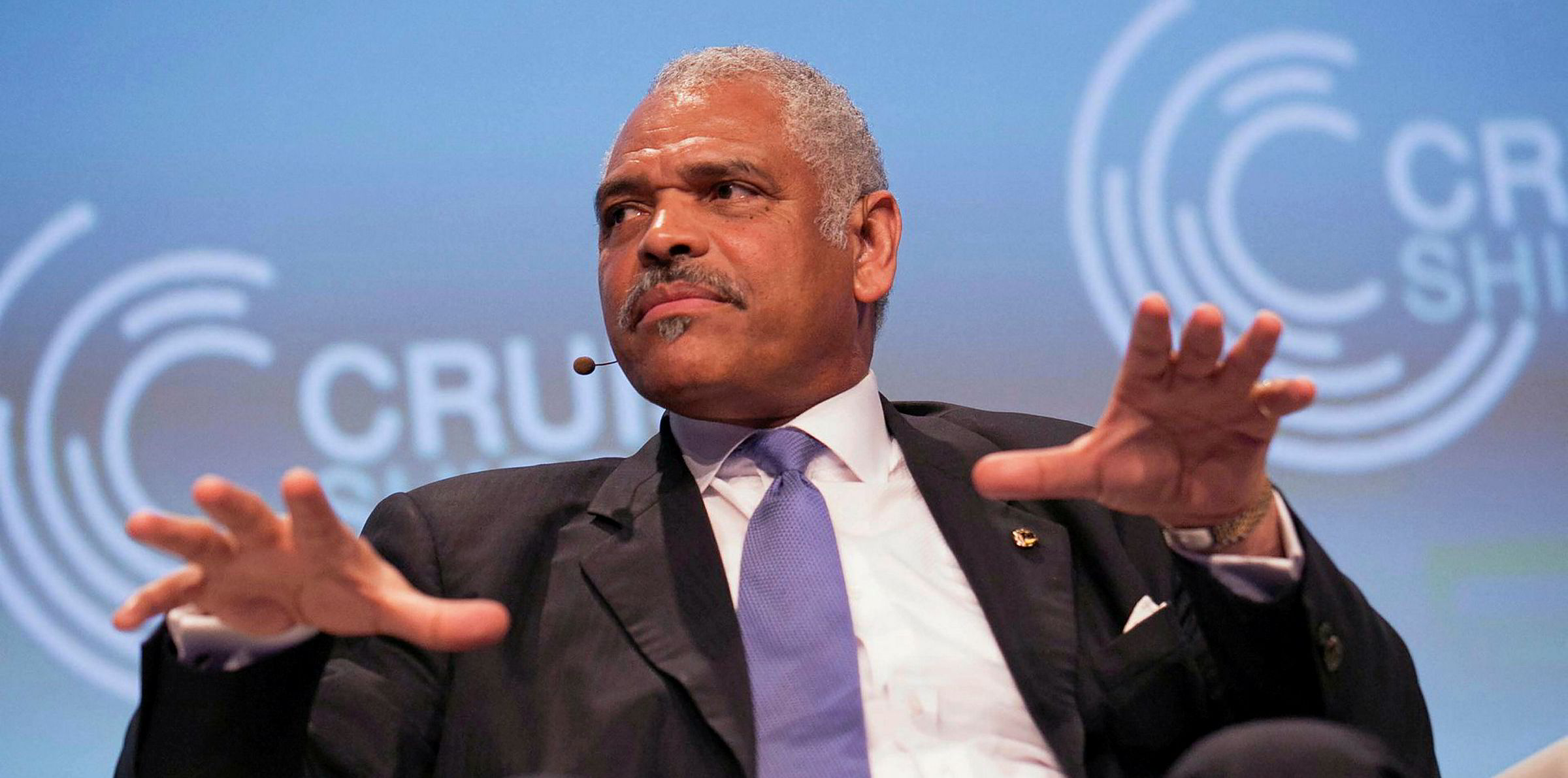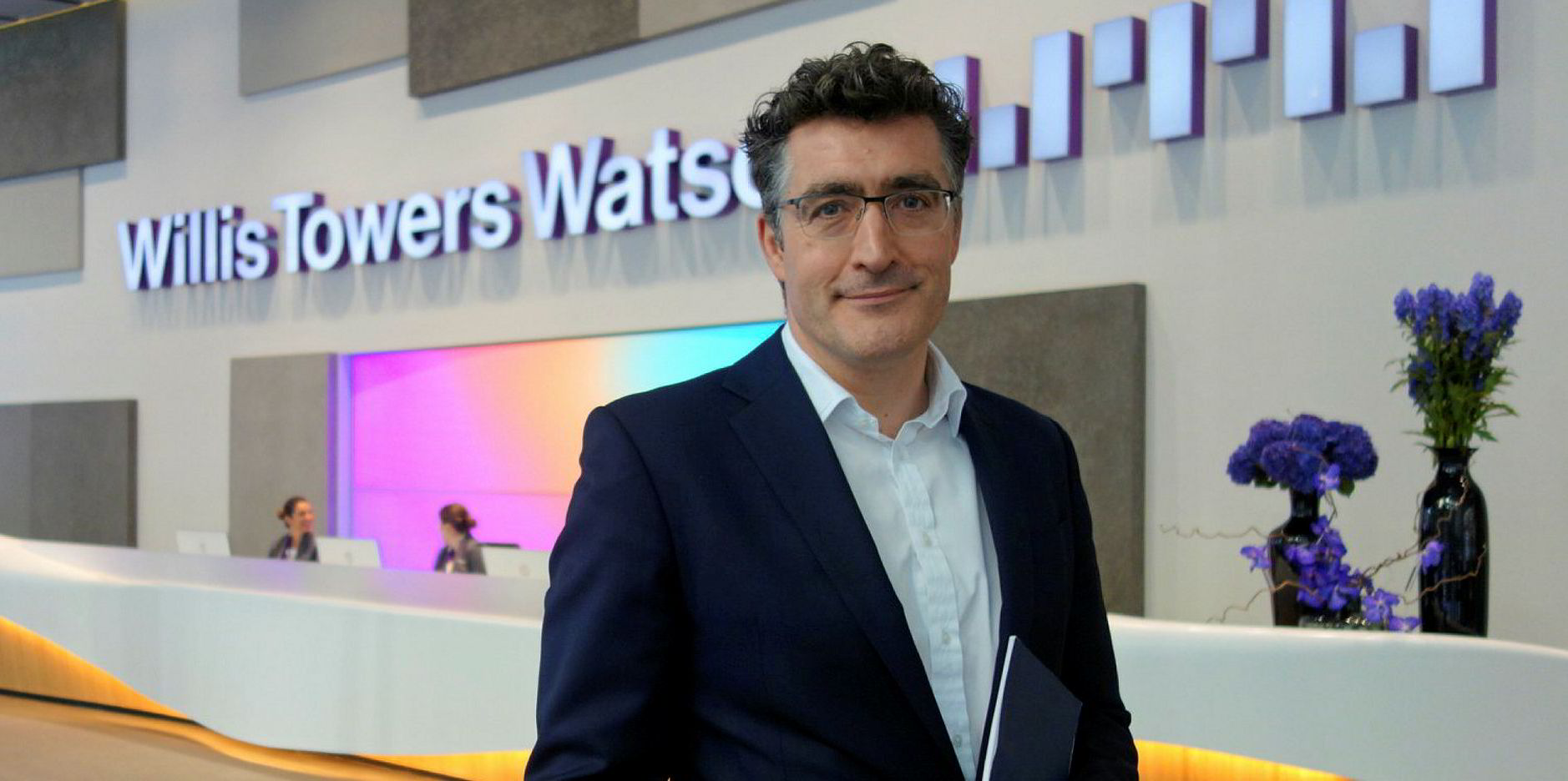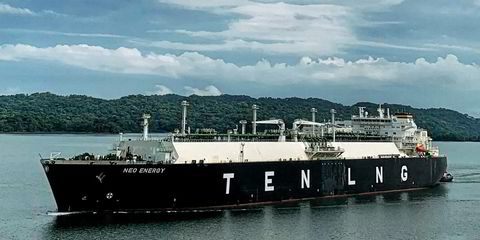Leading broker Marsh JLT Speciality has been trying to gauge how much its shipowner and charterer clients can expect protection and indemnity insurers to cover the extra costs incurred in operating ships during the coronavirus outbreak.
The issue is new territory for the 13 members of the International Group of P&I Clubs, which have not had to deal with shipping-related claims resulting from a global pandemic in modern times.
Questions hang over a variety of potential claims, including additional crew expenses, the costs of diversion due to port restrictions and crew or passenger illness.
Discretionary basis
The issue is all the more complex because many of the P&I claims that result from issues relating to coronavirus will be awarded on a discretionary basis.
In other words, there is no hard and fast rule, but each club’s shipowner board will decide whether a claim has sufficient merit to be paid.
The International Group has established a new working group to try to bring greater clarity to how cover should apply during the pandemic.
Mark Cracknell, head of P&I at Marsh JLT Specialty, has been opening a dialogue with the clubs through a series of webinars, in which shipowners and operators get the chance to put their questions to claims handlers.
“What we are trying to do is encourage the clubs to discuss what part of additional expenses that are incurred can be part of P&I cover,” he said.
“The focus is to help clients with this situation, because they all have issues of one kind or another.”
However, Cracknell said the ability of shipping companies, particularly the big liner outfits, to adapt to the chaotic trading environment since coronavirus erupted should not be underestimated.
Sophisticated businesses
“Liner operators are sophisticated businesses that have to operate through fluid times. These businesses are geared up to cope with dramatic swings,” he said.
The most painful claims costs for P&I clubs will probably be from cruiseship passengers who have become sick, or from the families of those who have died as a result of coronavirus infection.
Such claims are likely to result from well-publicised incidents, such as outbreaks on the 105,900-gt Diamond Princess (built 2004), 113,561-gt Ruby Princess (built 2008) and 61,396-gt Zaandam (built 2000).
The International Group of P&I Clubs’ 13 members have teamed up to share operational information on coronavirus with shipowners.
A digital tool launched last week on the International Group’s website will act as a database of information to help shipowners, charterers and operators navigate the operational problems thrown up by the spread of the virus.
The information is drawn from the International Group’s network of correspondents around the world. Additional information is supplied by Wilhelmsen Ship Management and ship agency company GAC. There is also a global map of the spread of the disease provided by Johns Hopkins University.
Under P&I cover, passenger liability includes “illness and death” or “a threat to the life, health or safety of passengers in general”.
Marsh noted that “clubs are already handling significant claims” related to cruiseship incidents.
The same illness and death cover includes seafarers on cargoships who become sick with Covid-19, and diversion costs related to getting treatment for them.
Fines for breaches of the Maritime Labour Convention — where restrictions on crew exchange keep seafarers employed beyond their contract terms — would be considered on a discretionary basis by most P&I clubs.
However, Cracknell hopes that port state control will be sympathetic to the problems that shipowners and managers are facing in changing crew, and will not issue fines.
Another big potential problem for owners is if they are forced to discharge cargo early due to port closures while the bill of lading has not been processed because of bank delays.
That could put owners in breach of cover. Again, claims are likely to be met on a discretionary basis.
Cracknell pointed out that since shipowners and operators will be spending money to avoid incidents that will result in P&I claims, clubs should be sympathetic when it comes to considering discretionary awards.
Huge capital strength
“In these unprecedented times, we believe strongly it is incumbent on P&I clubs to do all they can to exercise their discretion in favour of their members,” he said.
Despite a dramatic drop in stock markets around the world that will have damaged each P&I club’s financial reserves, Cracknell still believes most clubs are wealthy enough to cope with the additional claims incurred through coronavirus.
“They have huge capital strength and most of them are S&P AAA-rated, which you would not find in another insurance sector in the world.”
